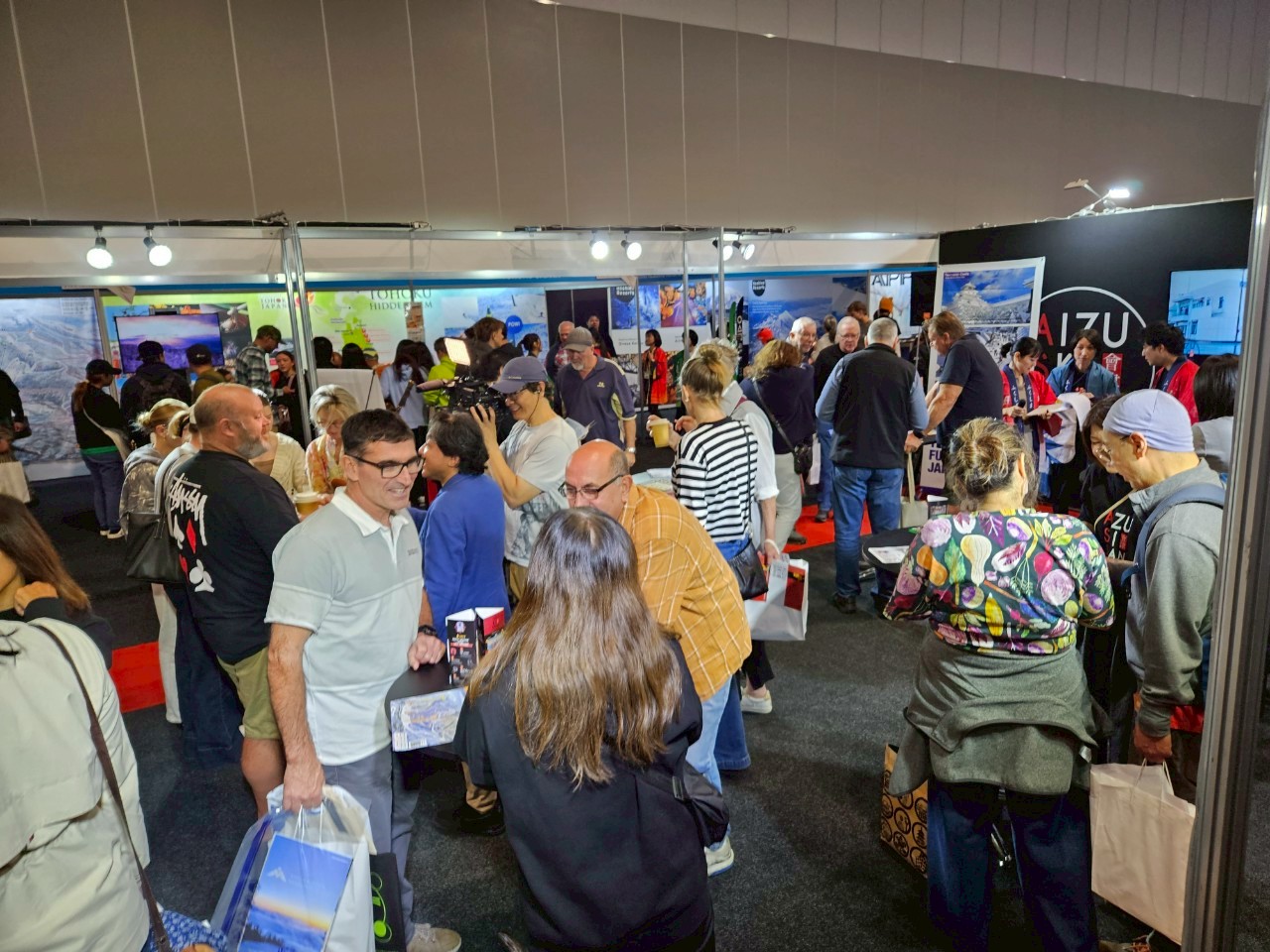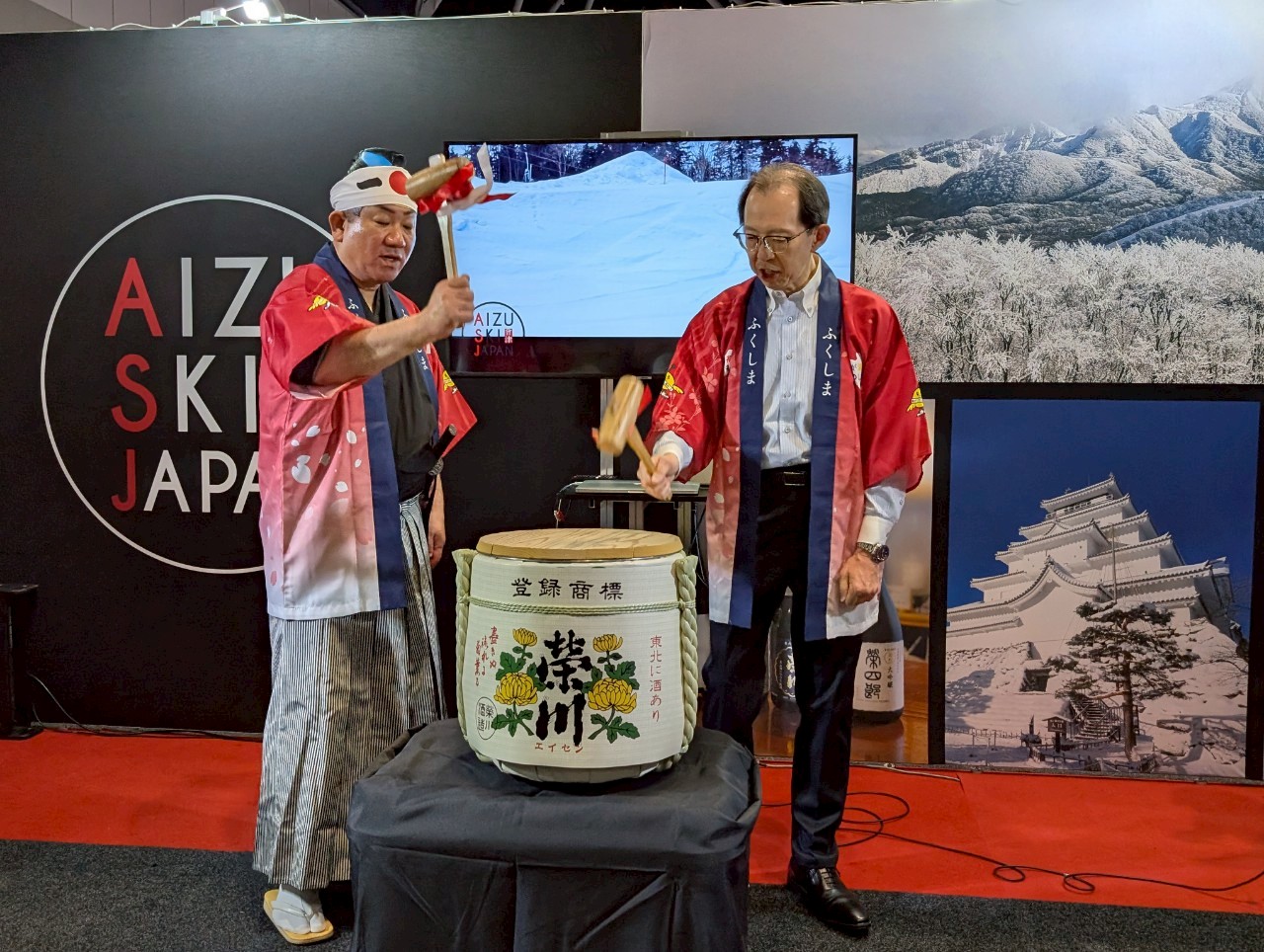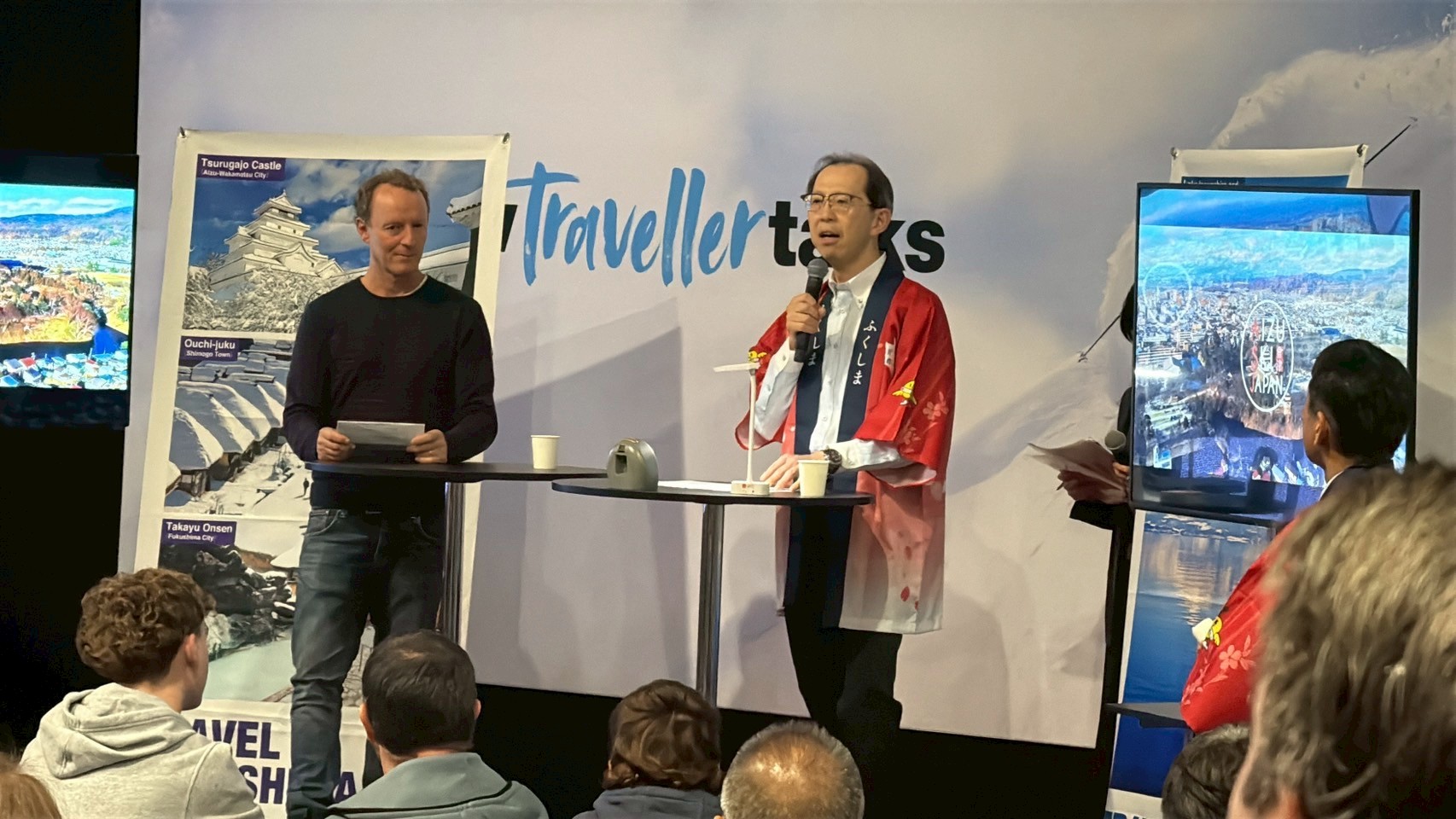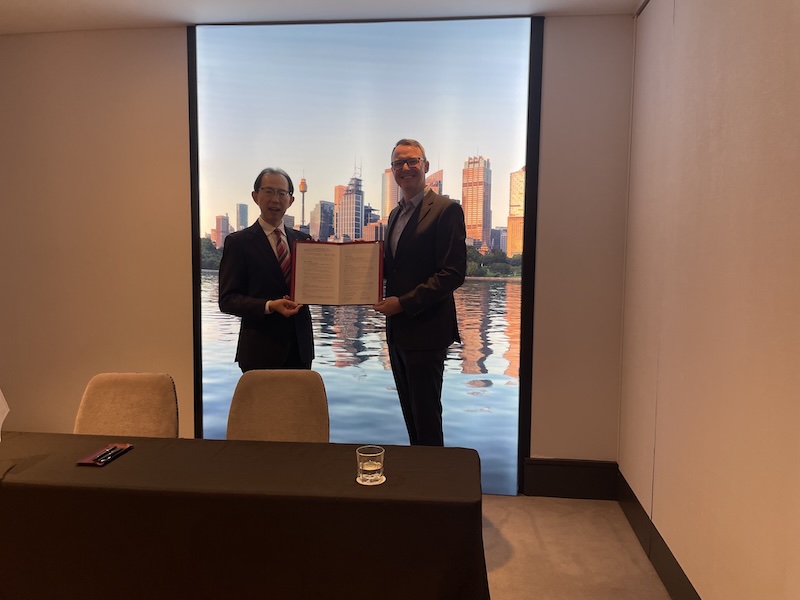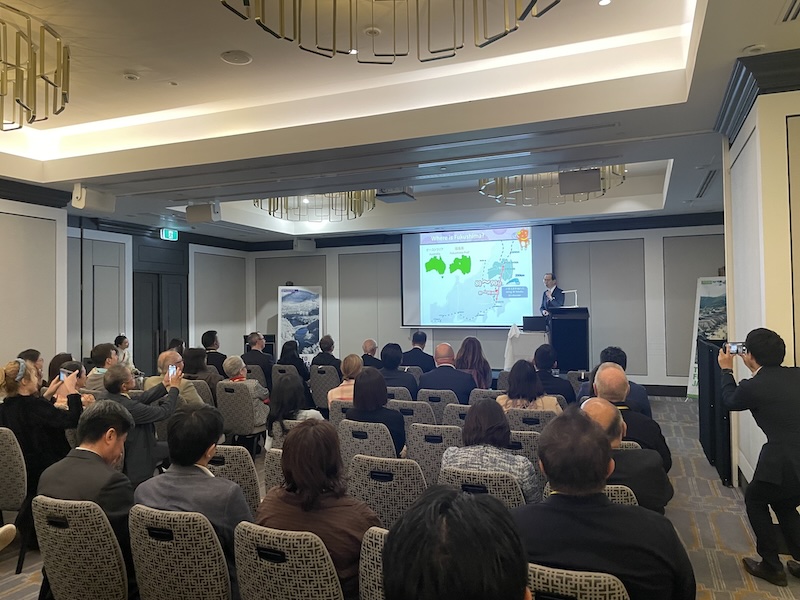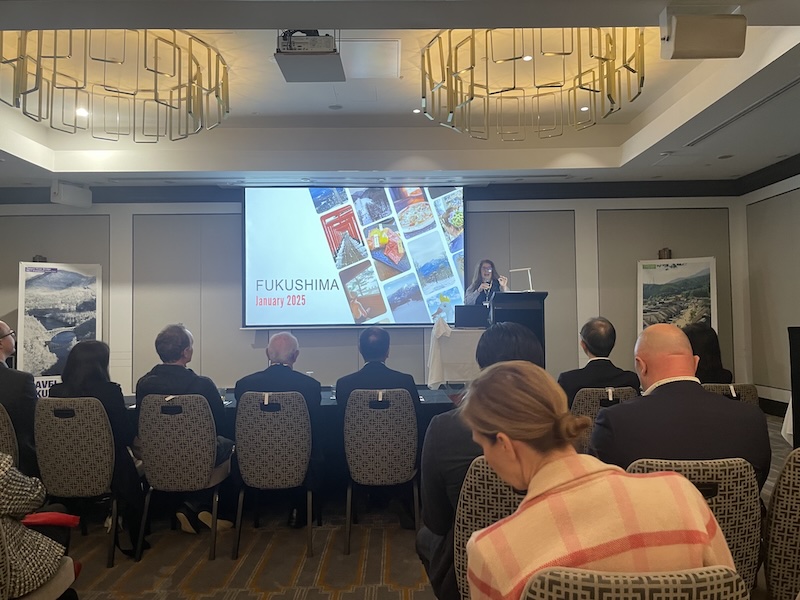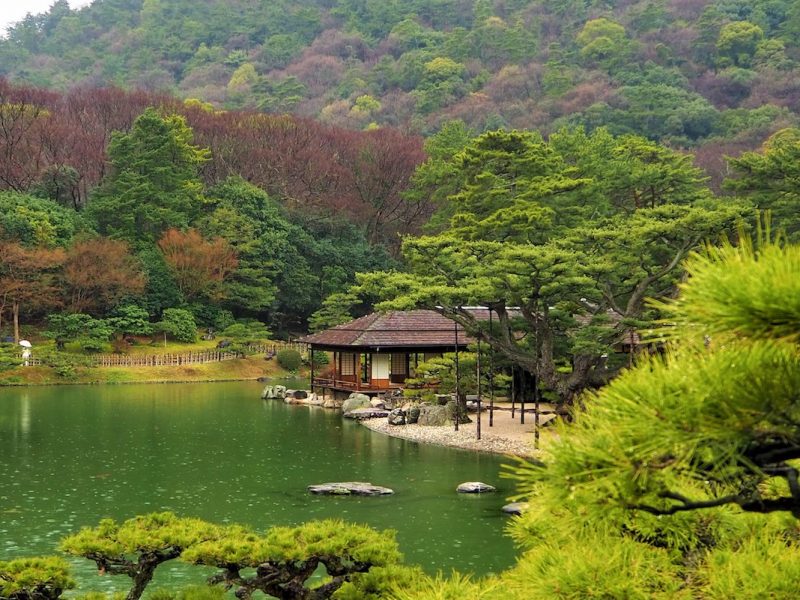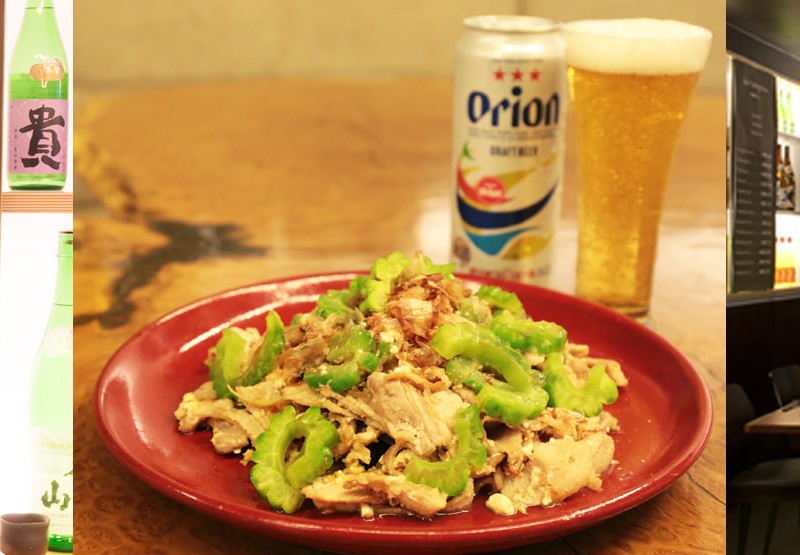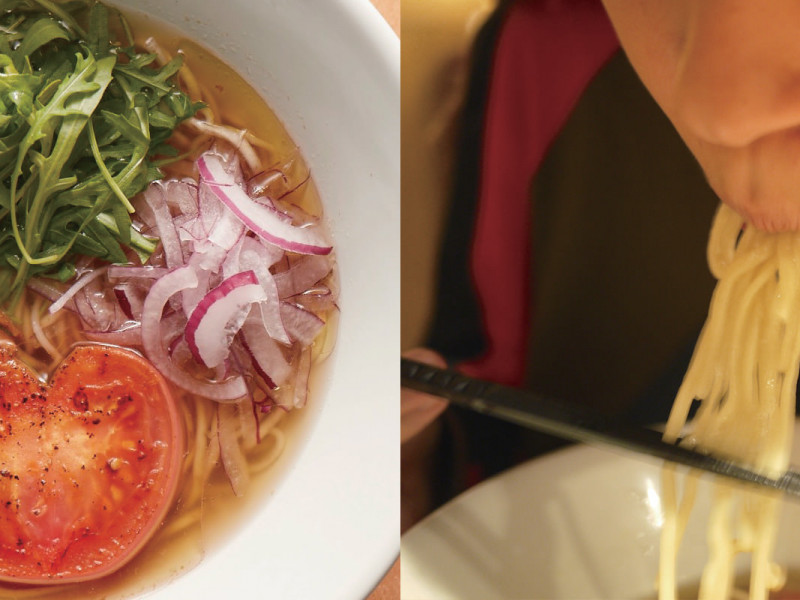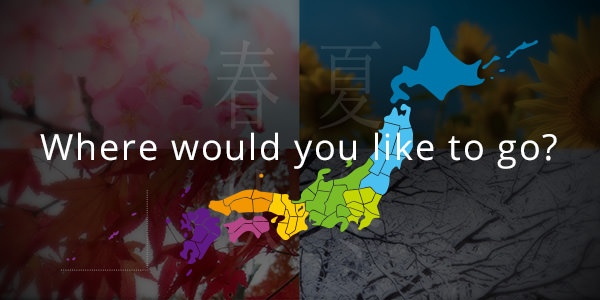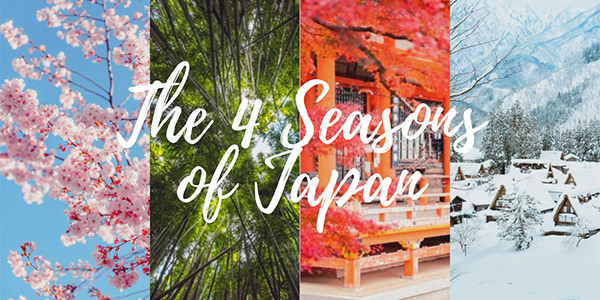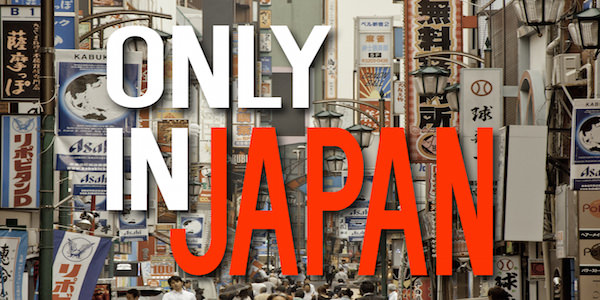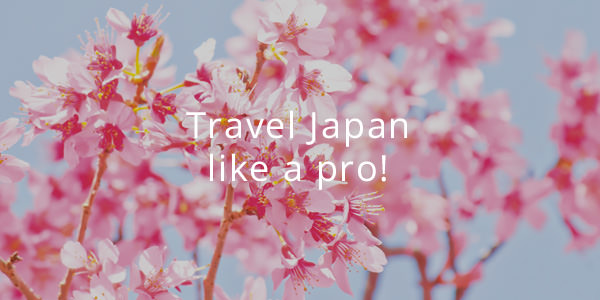To attract inbound tourists and expand trade of local products, Masao Uchibori, Governor of Fukushima Prefecture, visited Sydney and Canberra, Australia, from May 22 to 27, 2025. This marked the first time a governor of Fukushima has visited Australia.
Fukushima Prefecture has designated Australia as a priority market for tourism and has established a local office in Sydney since 2021 to conduct various promotional activities. In 2024, 6,249 Australian tourists visited Fukushima—twice as many as the previous year. The governor’s visit aimed to express gratitude to Australia for its support in the reconstruction efforts following the Great East Japan Earthquake, while also promoting “Fukushima’s appeal,” “exports,” and “inbound tourism.”
In the Southern Hemisphere, it’s common for Australians to travel to the Northern Hemisphere to enjoy snow activities. According to JNTO, Australian travellers spend an average of 13.7 nights abroad, with an average per-person expenditure of 399,000 yen—higher than travellers from other countries. They show a strong interest in experiential tourism, scenery, history, culture, and food. Blessed with its location and abundant snowfall, Fukushima offers high-quality powder snow along with hot springs, cuisine, and historical architecture. By promoting these strengths directly in Australia, further growth in inbound tourism is expected.
Governor Uchibori participated in various PR activities, including an exhibition at Australia’s largest snow travel fair, the “Snow Travel Expo,” a promotional event and seminar hosted in partnership with ATIA (Australian Travel Industry Association), and sake tasting and business meetings, to raise awareness and support for Fukushima and promote local products and inbound tourism.
On May 25, during the Snow Travel Expo at ICC Sydney, Fukushima Prefecture featured a large booth under the theme “AIZU SKI / FUKUSHIMA, JAPAN.” On May 26, a tourism promotion and networking event for local travel agencies was held to actively showcase the appeal of Fukushima’s tourism and cuisine.
At the Snow Travel Expo, Governor Uchibori joined Junichi Sato, Mayor of Bandai Town, in a traditional sake barrel ceremony (kagami-biraki), offering Fukushima sake to attendees. Akabeko keychains distributed as novelty gifts were also well-received.
On the main stage, Governor Uchibori and Kei Ishiuchi, a member of Bandai Town’s Regional Revitalisation Team, gave presentations on local attractions and snow resorts. Preliminary reservations collected for Fukushima amounted to 4,800 overnight stays from Melbourne and Sydney combined, demonstrating a growing recognition of Fukushima as a snow activity destination.
On May 26, a Memorandum of Understanding (MoU) signing ceremony with ATIA was held at a hotel in Sydney. ATIA represents approximately 1,700 companies and organisations in the local travel industry, and this was their first collaboration with a Japanese local government. In response to the recent trend among Australian travellers seeking new discoveries and experiences, Fukushima initiated the partnership, leading to the signing of the MoU. At the ceremony, Governor Uchibori signed the document with ATIA CEO Dean Long, expressing commitment to deeper collaboration. The agreement promises strengthened efforts to attract and send travellers through mutual promotion, a positive step toward increasing inbound travel to Fukushima.
Following the MoU signing, the “Fukushima Prefecture Top Tourism Promotion” seminar and networking event took place for tourism professionals. In Part 1, Governor Uchibori and influencer Rachel Oakes-Ash, who visited Fukushima in January, gave keynote speeches. Part 2 featured an exchange session with local specialities, including sake from Fukushima. With the presence of Consul General Osamu Yamanaka from the Consulate-General of Japan in Sydney, the event provided a valuable opportunity to share Fukushima’s current status, its recovery progress, and its rich food culture.
At the pre-signing meeting, CEO Dean Long pledged to visit Fukushima within the year and to promote the development of travel products. Based on the MoU, ATIA members will begin planning visits to Fukushima. There was also interest in “Hope Tourism,” a program that introduces the recovery process from the Great East Japan Earthquake and the Fukushima Daiichi Nuclear Accident. Increasing stable tourist numbers will also help prevent the fading memory of these disasters.
For repeat visitors to Japan from Australia, it’s increasingly important to discover destinations beyond Tokyo, Kyoto, Osaka, and oversaturated ski resorts. Over-tourism, a growing concern in Japan’s major cities, is less likely to be an issue in Fukushima, which is the third-largest prefecture in Japan by area. With its strong partnerships, Fukushima has the potential to attract more visitors and reestablish its global brand.
Masao Uchibori, Governor of Fukushima Prefecture
The name Fukushima is recognised worldwide, including in Australia, as the site of the Great East Japan Earthquake and nuclear disaster. After the disaster in March 2011, inbound tourism to Fukushima declined significantly. However, with new market development, the number of visitors has now more than doubled compared to pre-disaster levels. Still, the number of tourists from Australia remains low. I hope that Australians will become the largest group of foreign visitors to Fukushima in the future. To achieve this, we aim to increase awareness of Fukushima’s tourism assets and carry out effective PR activities in collaboration with ATIA. We will do our utmost to ensure that Australian visitors say, ‘I’m glad I came to Fukushima,’ ‘I want to come again,’ and ‘I want to share Fukushima’s appeal with others.
Dean Long, CEO of ATIA (Australian Travel Industry Association)
Japan has made an unparalleled comeback as a travel destination, and more Australians now visit Japan than the U.S. or the U.K. This is thanks to the warm hospitality and effective marketing by the Japanese people. Among Japanese destinations, one of Fukushima’s great strengths is its world-class snow experiences. In addition, it offers diverse food culture and activities unique to the region. One reason for signing the MoU is Governor Uchibori’s strong desire to visit Australia in person and build deeper ties with the tourism industry. Thanks to his enthusiasm, Fukushima will likely become a highlighted destination for Australian travellers over the next few years.

